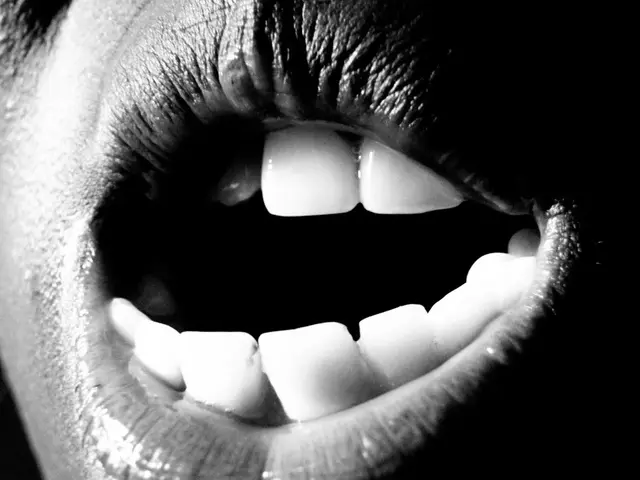Understanding Common Misconceptions Regarding Bipolar Disorder Diagnoses
Common Misdiagnosis of Bipolar Disorder: A Concern for Mental Health
Bipolar disorder, a mental health condition characterised by periods of extreme mood swings, can often be misunderstood and misdiagnosed. This misdiagnosis can lead to inappropriate treatment, delayed appropriate care, and increased emotional and safety risks for the individual.
Common misdiagnoses for bipolar disorder include unipolar depression, borderline personality disorder (BPD), attention deficit hyperactivity disorder (ADHD), and post-traumatic stress disorder (PTSD). The overlapping symptoms among these conditions make accurate diagnosis challenging.
One of the most significant impacts of misdiagnosis is the delayed appropriate treatment. Approximately 69% of people with true bipolar disorder are first misdiagnosed, often with unipolar depression, leading to incorrect management for years. Since bipolar disorder often requires mood stabilizers or antipsychotic medications, but depression alone is commonly treated with antidepressants, misdiagnosis can lead to inappropriate treatment. For example, giving antidepressants alone to someone with undiagnosed bipolar disorder can trigger mania or rapid cycling, worsening the condition.
Another issue arises when bipolar disorder is confused with BPD, leading to inadequate treatment approaches. Bipolar disorder usually responds best to a mix of medication and sometimes therapy, whereas BPD is primarily treated with psychotherapy. Confusing the two can mean that individuals receive medication when therapy would be more beneficial (or vice versa), reducing treatment effectiveness and potentially exacerbating symptoms.
Misdiagnosis may also increase the risk of self-harm and suicide. Many with BPD or bipolar disorder experience high suicide rates, and inappropriate treatment heightens this risk. Furthermore, co-occurrence of bipolar disorder and BPD is common, making diagnosis more challenging because symptoms overlap and fluctuate unpredictably.
There is also a risk of overdiagnosis, especially in populations with trauma histories or limited access to trauma-informed care. This stresses the need for thorough assessment to ensure accurate diagnosis.
In summary, the overlapping symptoms with depression, BPD, ADHD, and PTSD lead to frequent misdiagnosis of bipolar disorder, which impacts the timeliness and appropriateness of treatment, subsequently affecting clinical outcomes and patient safety. Accurate and comprehensive clinical evaluation, including detailed mood tracking and collateral history, is crucial for proper diagnosis and effective treatment planning.
Anyone who suspects a misdiagnosis should consult a healthcare professional, possibly a mental health professional with expertise in bipolar disorder. A professional with experience in bipolar disorder can provide a more accurate diagnosis and recommend an individualized treatment plan.








